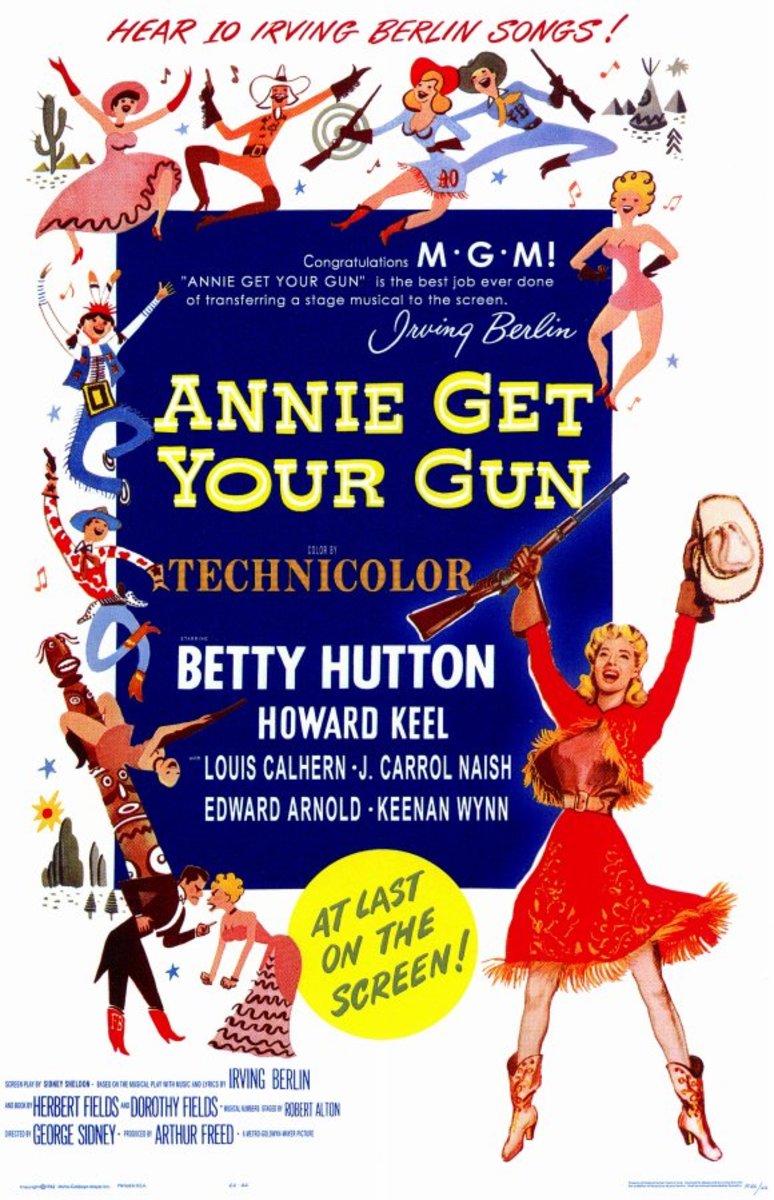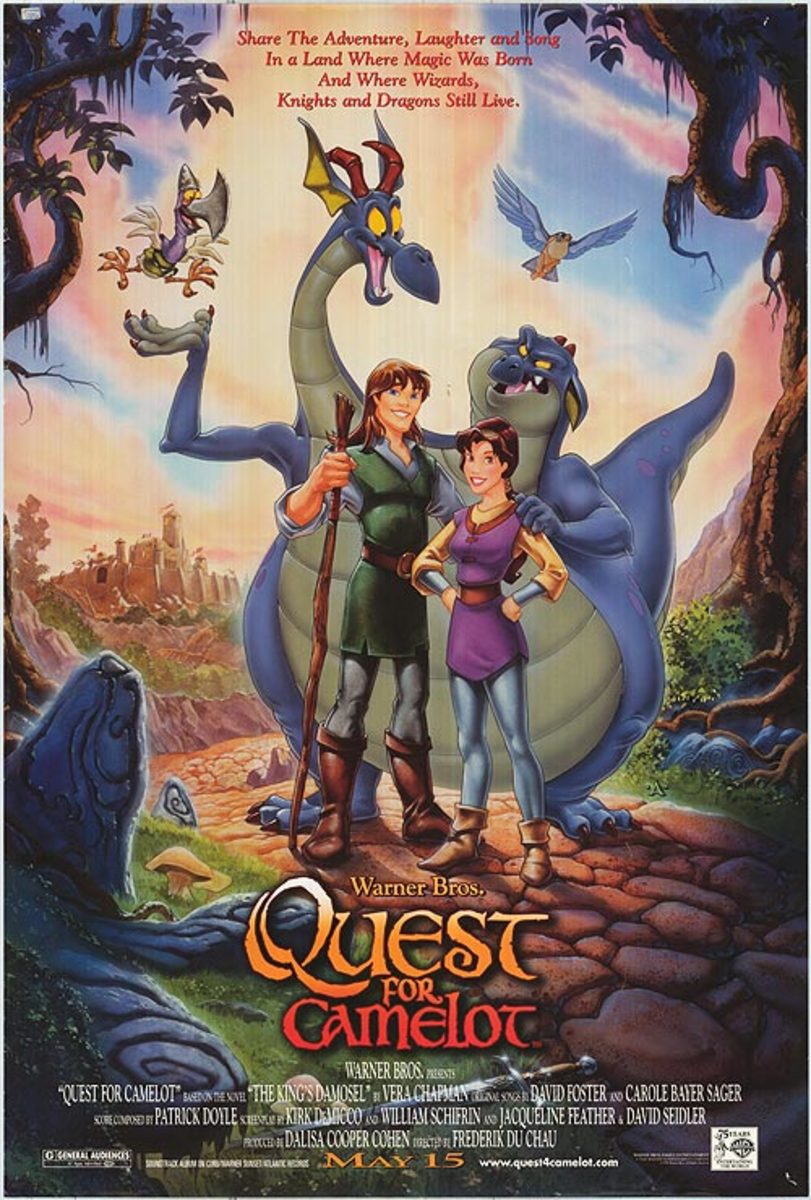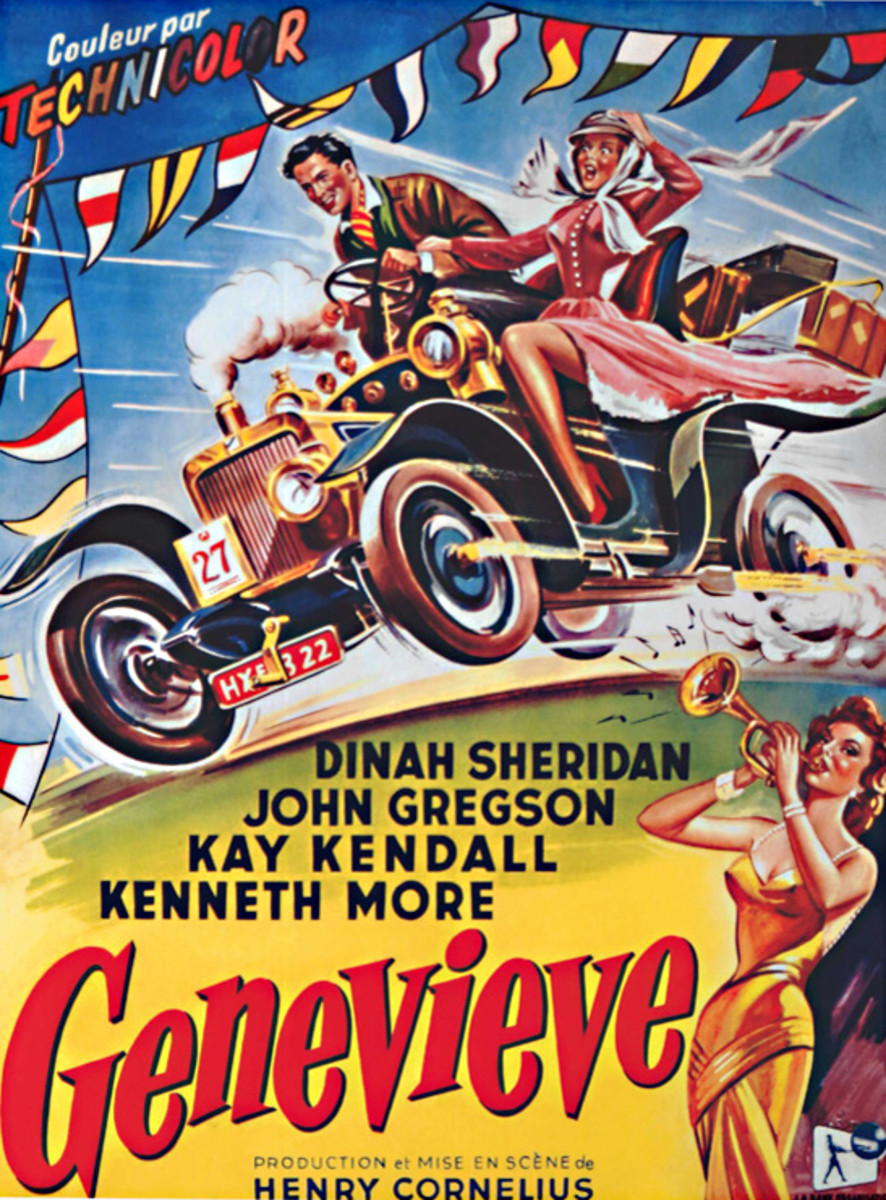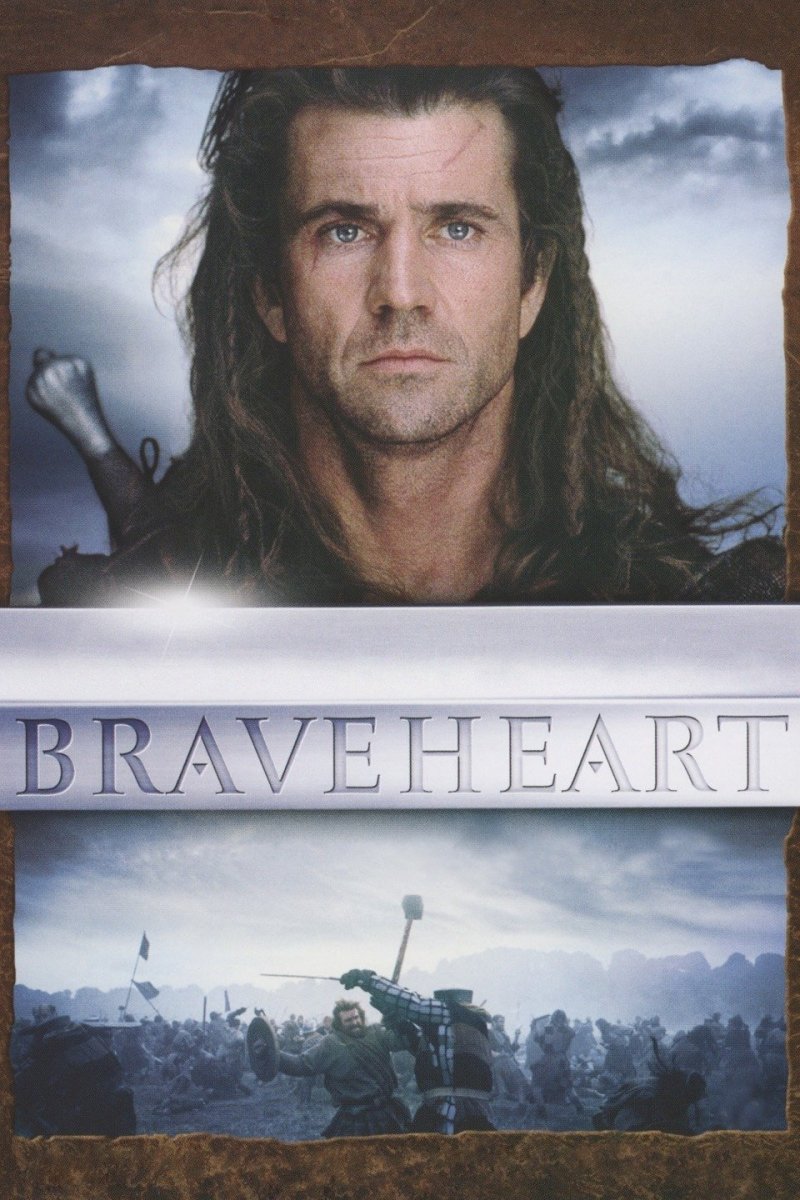Film Review: WarGames
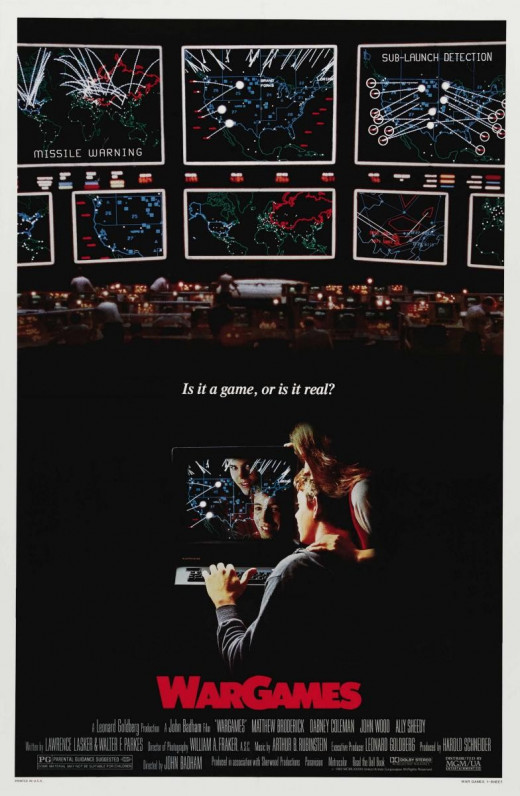
Background
In 1983, John Badham released WarGames, which starred Matthew Broderick, Dabney Coleman, John Wood, Barry Corbin, Juanin Clay, Dennis LIpscomb, Doe Dorsey, Michael Ensign, William Bogert, John Spencer, Michael Madsen, Alan Blumenfeld, and Ally Sheedy. The film grossed $79.5 million at the box office.
Synopsis
David Lightman nearly sets World War III into motion by unknowingly hacking into a government supercomputer named the War Operation Plan Response (WOPR) and playing a game. However, the computer doesn’t know the difference between games and reality and the government suspects him of being a Soviet spy. Now it’s a race against time to stop the computer from unleashing nuclear war.
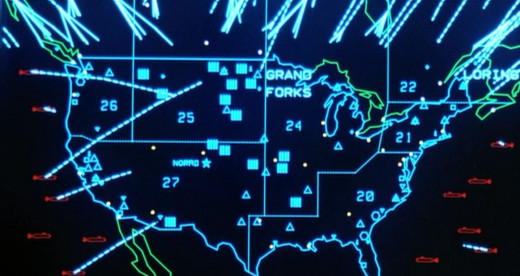
Review
The second film that Matthew Broderick ever starred in, WarGames is a fun and surprisingly good film, considering the hidden depths seen in David's character. Initially, he may seem flat in every possible way, but as the film progresses, he becomes much more round. In an effort to have fun by showing off his hacking skills, he finds his way into government servers and starts playing what he thinks are computer games. He’s not being willfully malicious, he’s just being a rebellious teenager who wants to have fun with the technology he has. When he’s picked up by the government, he knows he’s not a Soviet spy and any digging into his background would prove it and he’d probably only get a slap on the wrist for his hacking, but he doesn’t know what’s going on and reacts like any teenager would react to being picked up by the feds: he panics. The depth comes in when he’s speaking with Professor Falkner about why the latter doesn’t want to stop the world from ending. He’s able to succinctly give him a verbal slap in the face by making him realize that he’s just been going through the motions until he really is dead and hasn’t cared about anything since his son died.
Though it's a computer, the film also presents WOPR as an interesting character that even goes through character development. At first, it doesn’t understand that David is only playing a game as the Russians and actually does trigger the threat. A simulation normally wouldn’t be all that bad, except the computer doesn’t understand it’s a simulation and wants the Americans to launch so the threat will be met. When they don’t because nothing happens, it tries to launch them itself because it doesn’t know that there are some things it just can’t win. In a great scene, David helps it learn that by making it play tic-tac-toe by itself, where it goes through very single iteration of every launch to learn that a global thermonuclear was is unwinnable. It does end humorously too. At the beginning, it asks David if he would rather play chess than launch simulated nukes. After all is said and done, it muses how a game where the only way to win is not to play is strange and wants to play chess instead.
The film doesn’t have a true antagonist either. It can’t be David as he’s initially just a clueless hacker who’s only trying to have some fun, thinking he hacked into a video game company. He doesn’t understand that he’s almost condemned the world to a fiery death until he comes face to screen with WOPR and realizes the implications of his actions. At that point, he tries to fix and undo everything. The WOPR can’t be an antagonist either as it’s only following programming, doesn’t understand the difference between reality and a simulation, and doesn’t realize that some things are just plain unwinnable. If there had to be an antagonist, it would seem that the most likely fit would be time itself as the characters don’t have that long to make WOPR understand that it really can’t win with nuclear weapons.
the postings on this site are my own and don't necessarily represent WNI's positions, strategies or opinion
Awards won
BAFTA Awards
- Best Sound
Academy of Science Fiction, Fantasy & Horror Films Saturn Awards
- Best Director
American Cinema Editors Eddie Awards
- Best Edited Feature Film
Satellite Awards
- Best Youth DVD (25th Anniversary Edition)
Nominated for
Academy Awards
- Best Writing, Screenplay Written Directly for the Screen
- Best Cinematography
- Best Sound
BAFTA Awards
- Best Production Design/Art Direction
- Best Special Visual Effects
Academy of Science Fiction, Fantasy & Horror Films Saturn Awards
- Best Science Fiction Film
- Best Actor (Matthew Broderick)
- Best Actress (Ally Sheedy)
- Best Supporting Actor (John Wood)
- Best Writing
Hugo Awards
- Best Dramatic Presentation
Writers Guild of America Awards
- Best Drama Written Directly for the Screen
Young Artist Awards
- Best Family Feature Motion Picture
- Best Young Motion Picture Actress in a Feature Film (Ally Sheedy)

